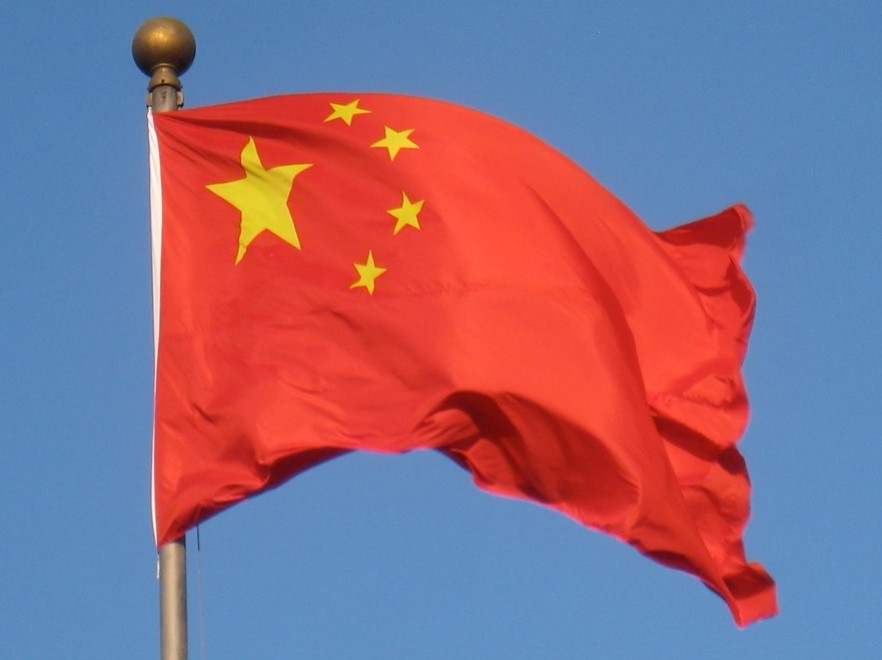The coronavirus outbreak may have only limited consequences for the Chinese polysilicon industry, according to analyst Johannes Bernreuter.
Bernreuter told pv magazine most of China’s polysilicon production capacity is in the provinces of Xinjiang and Inner Mongolia, which have so far reported small numbers of people infected with the virus. U.K. newspaper The Guardian this morning reported the coronavirus death toll had risen to 490.
The province of Qinghai, which hosts polysilicon manufacturers Asian Silicon (with a 20,000-ton annual production capacity) and Qinghai Huanghe (2,500 tons), are also away from the regions worst affected by the virus. The coronavirus has thus far afflicted Jiangsu, Zhejiang, Guangdong and Anhui, provinces central to other segments of the solar manufacturing supply chain.
Analyst Bernreuter said polysilicon manufacturers including TianREC (19,300 tons in Shaanxi province) and Luoyang China Silicon (20,000 tons in Henan) may see output affected by the health crisis. “That’s my calculation on paper but I don’t know what is actually happening on the ground,” admitted Bernreuter.
In the wrong place at the wrong time
The analyst added, GCL-Poly’s 40,000-ton-capacity Jiangsu Zhongneng and 10,000-ton Jiangsu Kangbo facilities are in Jiangsu and thus may see output affected by coronavirus. And Bernreuter said Tongwei’s Sichuan Yongxiang 50,000-ton factory in Sichuan could also suffer.
Popular content
“In the worst case this would add up to approximately 140,000 tons, or 27% of a total Chinese polysilicon capacity of roughly 510,000 tons,” Bernreuter said, adding: “As I suspect that companies like China Silicon, TianREC and Jiangsu Kangbo have low utilization rates, the effect on production output could be closer to a reduction by 10%.”
Overcapacity in the Chinese polysilicon sector has led to low factory utilization rates so Bernreuter predicted any virus-related fall in output could be compensated by new production lines coming online in Xinjiang and Inner Mongolia. “The situation seems to be far more critical for wafers and cells,” he said.
Meanwhile, the Silicon Branch of the China Non-ferrous Metals Industry Association has reported bottlenecks in supply of the silicon powder feedstock and in transportation of the finished product to customers.
Investment banking company Roth Capital Partners yesterday predicted the price of solar products including PV modules could rise in the near term as the coronavirus outbreak has caused shortages of solar wafers and module glass.
*This article was updated on February 5 to add the information released by the Silicon Branch of the China Non-ferrous Metals Industry Association. On February 10, the main image used in the story was changed as the previous picture used was of single-crystal silicon, as pointed out by eagle-eyed reader Werner.
This content is protected by copyright and may not be reused. If you want to cooperate with us and would like to reuse some of our content, please contact: editors@pv-magazine.com.



By submitting this form you agree to pv magazine using your data for the purposes of publishing your comment.
Your personal data will only be disclosed or otherwise transmitted to third parties for the purposes of spam filtering or if this is necessary for technical maintenance of the website. Any other transfer to third parties will not take place unless this is justified on the basis of applicable data protection regulations or if pv magazine is legally obliged to do so.
You may revoke this consent at any time with effect for the future, in which case your personal data will be deleted immediately. Otherwise, your data will be deleted if pv magazine has processed your request or the purpose of data storage is fulfilled.
Further information on data privacy can be found in our Data Protection Policy.